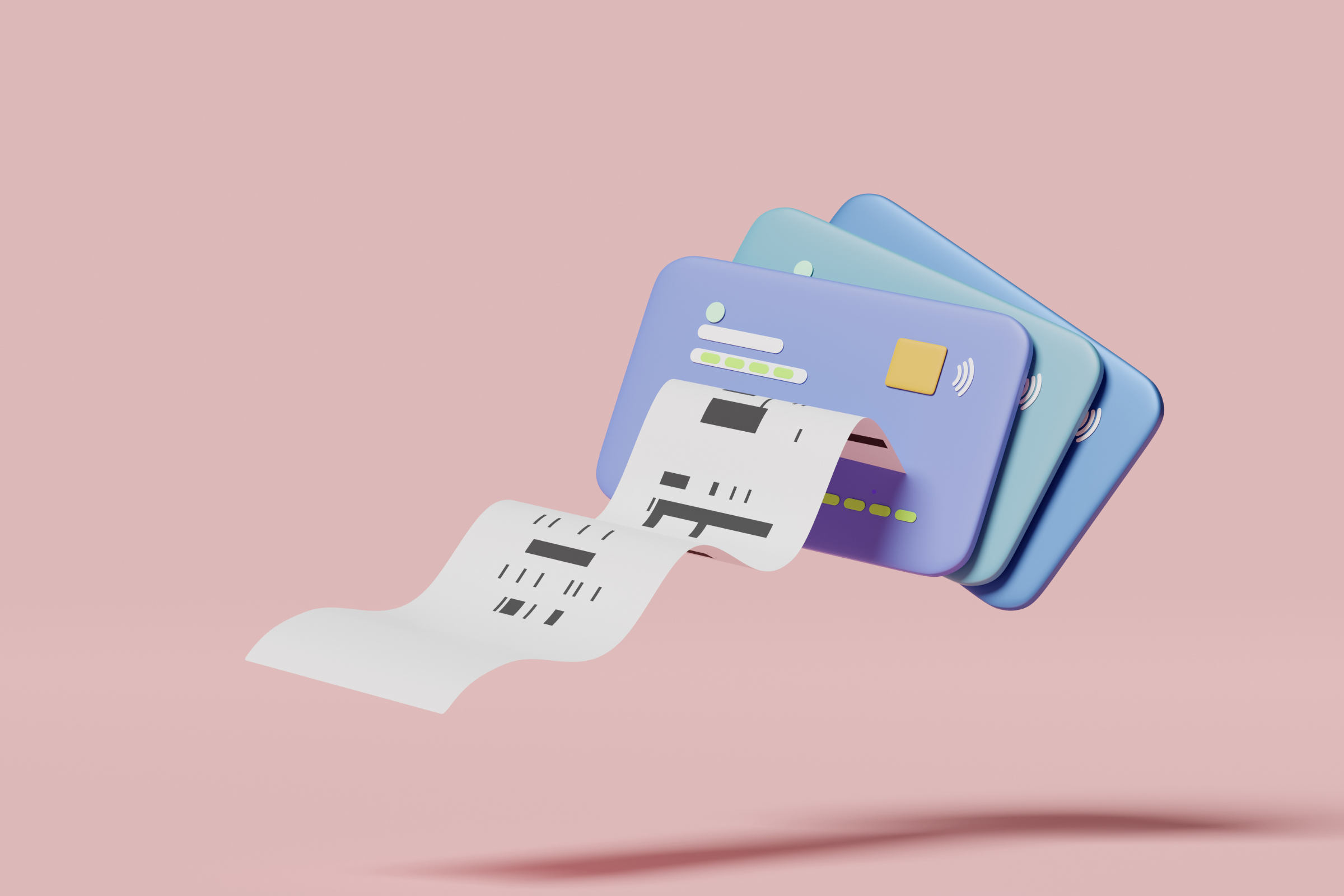Revolut is a fintech company that offers banking services all around the world, with over 40 million customers now using the platform. As with most online platforms, if you don’t know what to look out for, you could fall victim to a scam on Revolut. We’re here to introduce a few things you should know about scams on Revolut, to help you protect your money and personal information.
Common Scams On Revolut
Authorised Push Payment Fraud (APP)
APP fraud is a type of purchase scam involving the scammer encouraging you to transfer money to another bank account, whether it’s after convincing you to be involved in a promising investment that doesn’t exist, charity scamming or romance scams. One of the most common forms of APP fraud is impersonation, which involves the scammer pretending they are from Revolut and telling you something is urgently wrong and money needs to be moved.
You can be approached over text message, social media, the phone, email or online marketplaces by scammers who will encourage you to transfer the money. No one from Revolut will contact you and ask you to transfer your money to another bank, and if anyone else tries to convince you to do this, you should ignore them as this is likely a scam on Revolut.
Software Fraud
Software fraudsters persuade you to download an app onto your phone, or send malicious links that you click and malware is downloaded. After this, they can gain control over your device and take control of banking applications, including Revolut. Avoid downloading any apps that aren’t verified in the app store and don’t click any links you’re unsure of to avoid this type of scam on Revolut.
Card Fraud
Scammers will use stolen card details to steal money or make payments online. You should regularly monitor your Revolut account and if you notice any unusual transactions, freeze your card immediately and get in touch with Revolut. Similarly, if you lose your card, as soon as you realise, you need to freeze it. This also includes contactless card fraud, where a criminal can attempt to gain information by using a card reader when standing in close proximity to someone, such as on public transport. You can get RFID blocking cards to prevent this from happening.
What Revolut Is Doing To Protect You
Revolut is taking precautions to reduce bank scams from their perspective, however, you also need to make sure you’re taking your own steps to reduce your likelihood of being a victim of a scam on Revolut. Here are the ways Revolut is attempting to reduce fraud:
- A passcode or biometrics, as well as a one-time passcode every so often, are required to enter the app
- Any transfer made on a desktop must also be verified on the mobile app
- Online purchases must also be verified within the app
- Before sending money to a new recipient, you will be asked to confirm that you know this person and are happy to make the transfer
- In-app warnings are provided when a transaction may appear to be fraudulent
- Virtual disposable cards are available for online purchases that have self-deleting details after use
- You can instantly freeze unusual transactions within your account if you suspect you’re involved in a scam on Revolut
- Revolute tells its users that they will never contact you without verifying themselves first
What To Do If You Think You’ve Been Scammed
If you think you’ve been a victim of a scam on Revolut, you should immediately freeze your card within the app. Then, get in touch with Revolut via the in-app chat for them to ensure your account is secure. If you’re in communication with the scammer, cut off all contact. If the money can’t be recovered by your bank, contact WRS to help you try and recover the funds lost through a scam on Revolut.
Final Thoughts
Technology continues to get more advanced and unfortunately as a result, so do scams. However, by being aware of common scams on Revolut, as well as banking scams in general, it can help you to avoid them.











